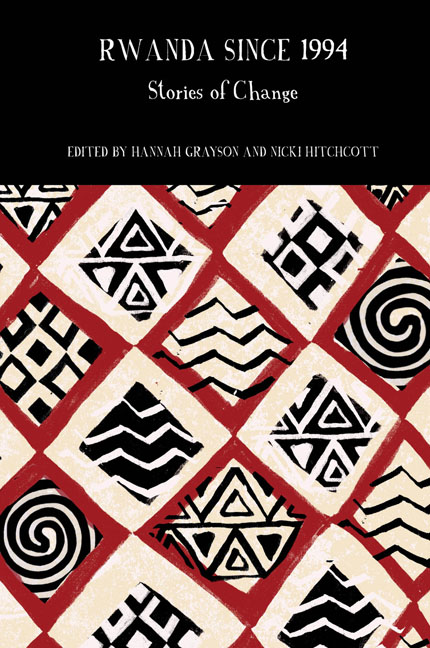Writing as Reconciliation: Bearing Witness to Life after Genocide
Summary
Twenty-four years have passed since the 1994 Genocide against the Tutsi in Rwanda, and during that time a significant corpus of testimonial literature has been published, written primarily by Rwandan women genocide survivors. This has been accompanied by a growing number of fictional accounts, edited collections of testimonies and documentary and cinematic responses to the genocide. Yolande Mukagasana is well known as the first survivor to publish a full-length testimony, La Mort ne veut pas de moi [Death Doesn't Want Me], just three years after the genocide in 1997. A second testimony, N’aie pas peur de savoir [Don't Be Afraid to Know], appeared shortly afterwards in 1999, which repeated and expanded upon the information contained in her first testimony. Fifteen years later, Mukagasana published a new testimonial narrative focusing on life after the genocide, L’Onu et le chagrin d’une négresse [The UN and a Negress's Shame], which appeared with Éditions Aviso in 2014. Similarly, genocide survivor Annick Kayitesi-Jozan published her first testimony, Nous existons encore [We Still Exist], in 2004. After a hiatus of 13 years she then published a second testimony, Même Dieu ne veut pas s’en mêler [Even God Doesn't Want to Get Involved], with Éditions du Seuil in 2017. While other Rwandan women have published more than one text, including Esther Mujawayo and Scholastique Mukasonga, what is particularly striking about the two women addressed in this chapter is the fact that there was such a long gap between the publications of their testimonies.
Why this decision to return to writing after so many years? In order to offer an initial response to this question – which I believe requires far greater analysis – this chapter will focus on Mukagasana's L’Onu et le chagrin d’une négresse and Kayitesi-Jozan's Même Dieu ne veut pas s’en mêler to investigate what has changed in their approach to writing – whether they still perceive writing as a ‘need’ or ‘duty’, as a form of ‘healing’ or a means of seeking justice, notions which were all expressed in their earlier testimonies. Both these narratives oscillate between the past and the present, intertwining painful memories of the past with reflections on these women's active roles in post-genocide society, both in Rwanda and in the diaspora.
- Type
- Chapter
- Information
- Rwanda Since 1994Stories of Change, pp. 147 - 167Publisher: Liverpool University PressPrint publication year: 2019

